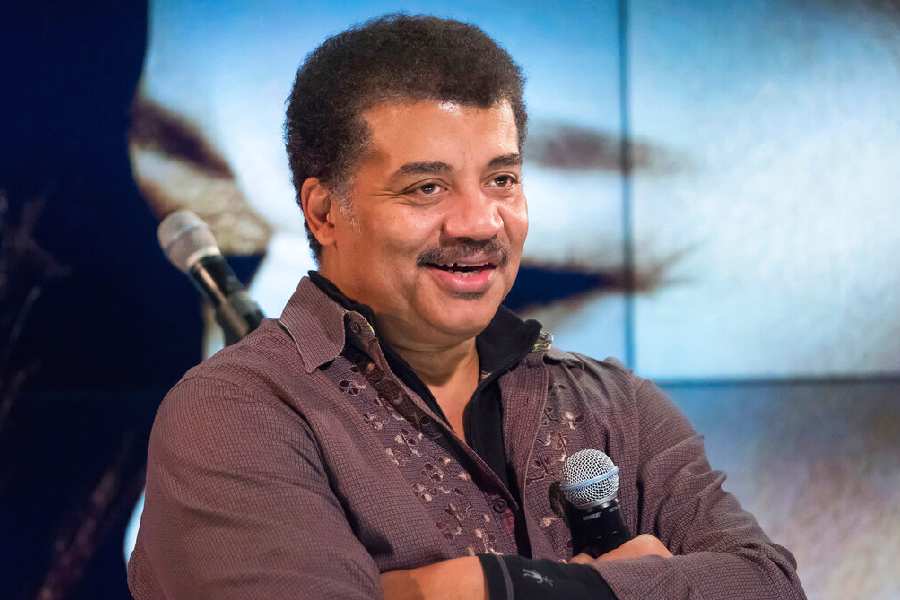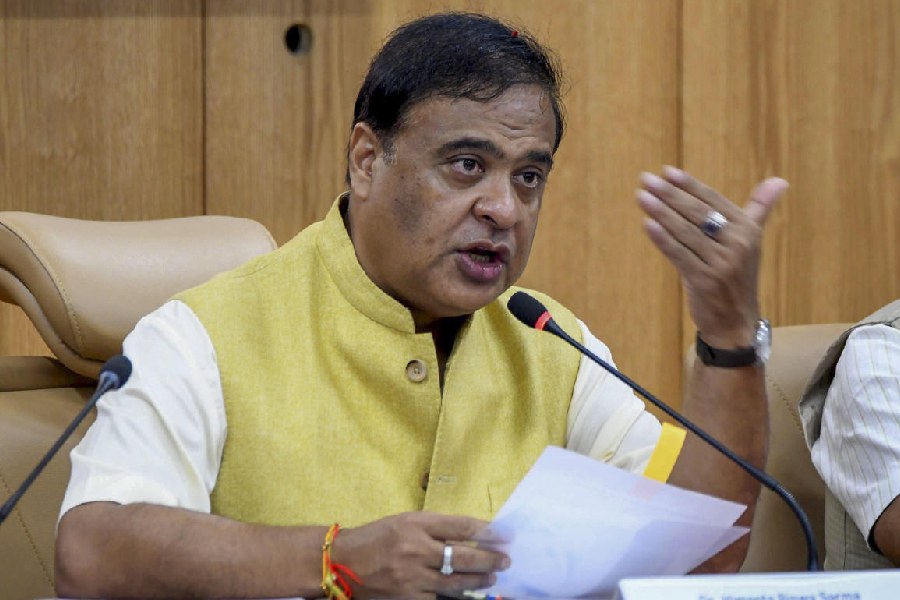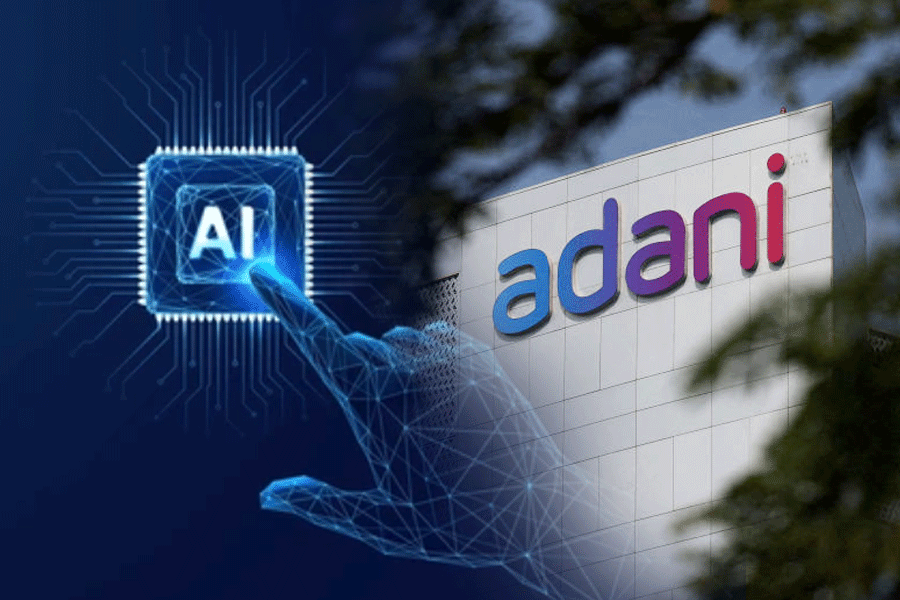In a world fixated with artificial intelligence and its perceived limitless potential, Neil deGrasse Tyson wants to dial things down.
Appearing on a YouTube podcast with comedian Hasan Minhaj recently, the astrophysicist offered a measured take on AI’s role in society. He called the current buzz around it “overrated,” while also warning about Donald Trump’s ongoing attack on academia.
Tyson separated today’s task-oriented AI tool,like ChatGPT, from the more sci-fi sounding concept of Artificial General Intelligence (AGI). While AI already does things “faster, better, and cheaper” than humans, AGI, he explained, is a different beast. It is a system capable of learning anything on its own, like a human brain.
“ChatGPT is not going to make your cup of coffee,” Tyson said. “AGI would analyse your life and do things you didn’t even ask for — like a whole person.”
But he doesn’t buy the hype. “I don’t think [AGI] is in the offing. I don’t see why we would value it,” Tyson said. “It sounds highly useful, but we’re humans — we’re in charge, at least we still tell ourselves that.”
Tyson wants computers to handle ‘some’ tasks, not all. “I love to have computers do things for me. But don’t get a computer that can do ‘everything.’”
So why are some tech leaders sounding the alarm? Tyson’s answer: drama sells.
“Some leading science and tech thought leaders are talking in that terrifying way. And they are the ones that get all the clickbait,” he said. “What you don’t see are the tech experts who don't feel that way — but no one goes to interview them because it’s not as fun.”
Tyson believes AI will be like the computer revolution of the 20th century. “The computer completely changed everything. But it became so blended into our lives that we don’t even think of it anymore. That’s the future of AI,” he said. “If you drive an electric car, it’s making decisions faster than you. But you don’t call that AI. Yet something is making decisions for you.”
The greatest threat, Tyson said, is not the tech itself but who gets their hands on it.
“Bad actors with access to AGI, especially since it has a lower barrier of entry than, say, nuclear weapons, pose real risks,” he said. “I have no problem with guardrails and checkpoints.”
Tyson was concerned when Minhaj brought up what he called an “all-out assault” on academic institutions under Donald Trump’s influence.
The host pointed to massive proposed cuts to medical research funding: “Johns Hopkins lost about $800 million in grants. Columbia had $400 million slashed. A Lebanese assistant professor at Brown was deported despite having a valid visa. Institutions are being investigated for their DEI [Diversity, Equity and Inclusion] policies.”
Tyson didn’t hold back.
“If people voted for Trump, then maybe this outcome was part of what they expected,” he said. “Perhaps they didn’t care much about the impact on academia. But these budget cuts aren’t limited to universities — they extend to vital programmes like Medicare, Medicaid, and Social Security. These are cornerstones of a functioning society.”
He continued: “When those programmes are affected, people will start to feel the real consequences. And at that point, I wonder — is this truly the country they thought they were voting for?”
Tyson described the moment as a wake-up call. “This is how democracy works. You make the bed, and now you have to sleep in it.”










